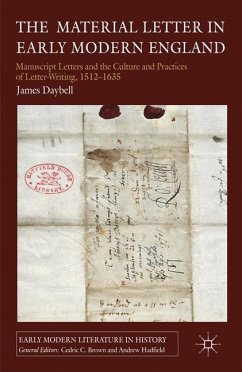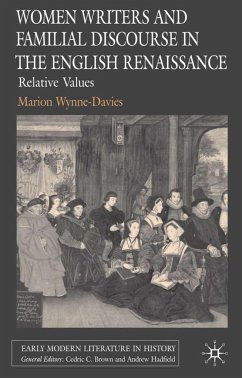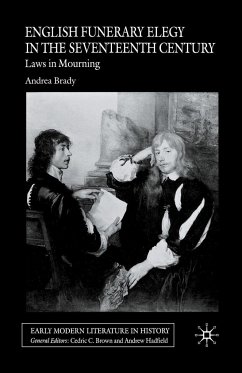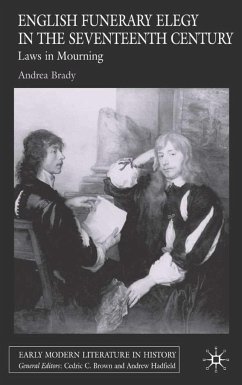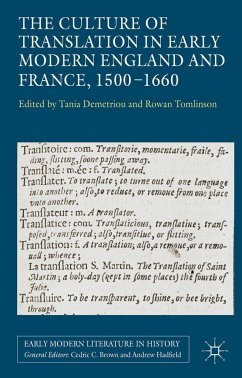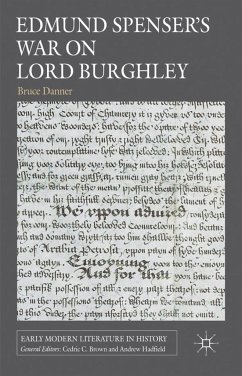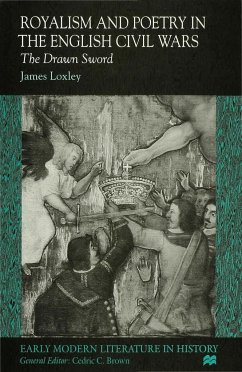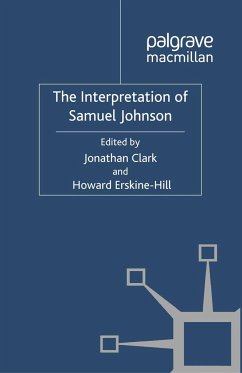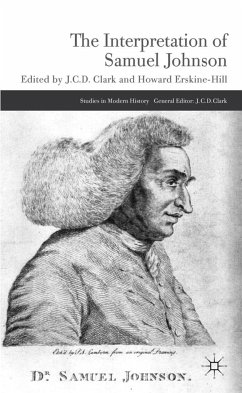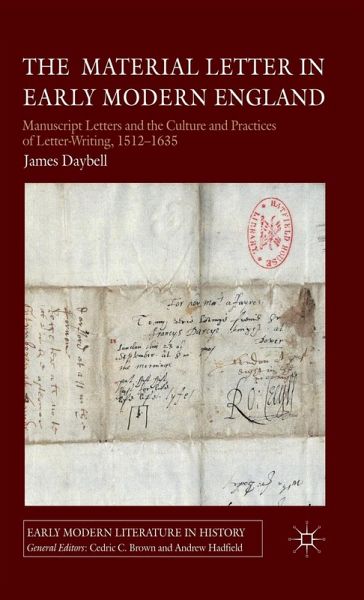
The Material Letter in Early Modern England
Manuscript Letters and the Culture and Practices of Letter-Writing, 1512-1635
Versandkostenfrei!
Versandfertig in 6-10 Tagen
83,99 €
inkl. MwSt.
Weitere Ausgaben:

PAYBACK Punkte
42 °P sammeln!
The first major socio-cultural study of manuscript letters and letter-writing practices in early modern England. Daybell examines a crucial period in the development of the English vernacular letter before Charles I's postal reforms in 1635, one that witnessed a significant extension of letter-writing skills throughout society.





